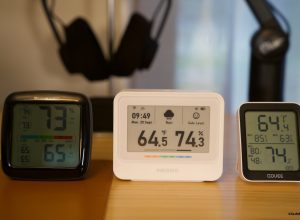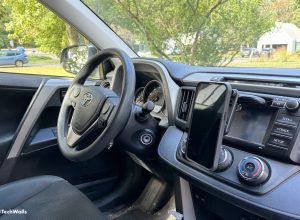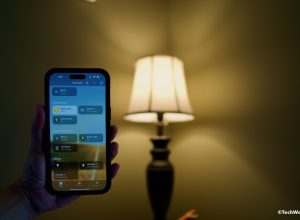How to protect your Windows in our era where every day, around 560,000 new malware are created? What’s worst, Windows internet users deal with about 1,000 ransomware attacks each day. Three out of ten people will deal with malware at least once in their lifetime.
In the worst cases, internet users will get their private information hacked, including bank details, or lose precious and irreplaceable files, documents, or photos. In the best cases, your PC will run slower, and you may need to reinstall your windows.
Fortunately, in most statistics, it is clear that it isn’t Microsoft’s operating system at fault, but rather, we, its users. Most Windows users get scammed or get their PCs infected with viruses or suspicious programs since they ignore simple cybersecurity tips. Whether we talk about Windows 10, 11, or other systems, here are six security tips for your Windows to keep your PC safe from malware, ransomware, and other potential cybersecurity threats.
Let Your Windows Do Its Updates
Windows updates can be frustrating at times, and it’s so easy just to dismiss them or put them on hold. Unfortunately, this can lead to serious cybersecurity openings for hackers and malware. Imagine your cybersecurity as your front door, the hackers as lockpickers, and the Windows update as a new locker.
If you keep it up to date, hackers won’t exploit potential openings because they can’t keep up with the updates fast enough. You should also periodically delete software that you don’t use. Apart from this, make sure your security software, such as antiviruses or anti-malware, is also up to date.
Sharing is Caring?
If more people use your PC, or if you have employees, they shouldn’t have access to your PCs Administrator privileges. They can, with or without their knowledge, expose your PC to significant risks. Apart from this, if a hacker or program breaks into your Windows while the Administrator privileges are on, they can use that power against you.
The best thing to do is set up individual accounts with fewer privileges. Go to Settings>Accounts>Family & Other Users and follow the instructions.
Use a VPN For Windows PC
Probably one of the best ways to secure your Windows is to use a VPN service. A VPN for Windows PC can do wonders, as it will get rid of ads, cookies, hide you from trackers, hide your IP address, and encrypt your data.
Your private and personal information, the things that you browse online, everything is hidden and won’t be exposed to anyone, not even the provider. Still, try avoiding downloading suspicious programs and checking your PC’s privacy settings.
Another great advantage is if you carry around your laptop, you will also be protected when you connect to public Wi-Fi, and you can also use a VPN on your smartphone or smart TV.
Turn On Your Firewall
Sometimes, Windows internet users leave their firewall turned off or never even check it. A firewall is critical, as it is one of your first lines of defense when it comes to cyber-attacks.
To check the status of your firewall, go to settings, and use the search console to find the firewall app. Make sure all the features of your firewall are on.
Use Strong Passwords
One common problem of Windows users is that they typically use the same password for multiple platforms. This can create a domino effect if you get hacked, allowing the cyber attacker to break through everything effortlessly.
Always use strong passwords with capitalizations, symbols, numbers, and never use the same one for various profiles. Though many complain that it is too hard to remember different passwords, there are certain apps out there that may help you.
Use Encryption
Another great way to boost your security on Windows is to use its encryption feature. It comes in the form of BitLocker, and it is available for all Windows 10 users and up.
This program will encrypt your drivers, even portable ones. Go to Control Panel>System and Security, and click on BitLocker Drive Encryption. Follow the instructions there, and you are all set!
Make sure to keep a copy of your encryption key on a USB flash drive as a backup. Now, you are safe from both hackers and even thieves. Even if they steal your PC, they won’t be able to access valuable data.
Conclusion
With a bit of precaution, you can be safe from any online threat. Since most of us pour so much valuable private information into our PCs, we must take a couple of extra steps when it comes to safety. We hope that these six security tips for your Windows will help you out in your online browsing, safety, and comfort!
Disclosure: We might earn commission from qualifying purchases. The commission help keep the rest of my content free, so thank you!




